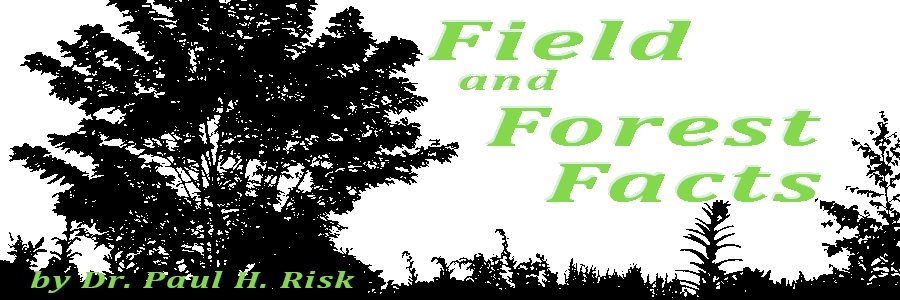RiskVA
Clocks Rule the World – Long Live Clocks! 13 Jun 2018
Time is our tether! Don’t think so? Do you believe punctuality is a measure of personal efficiency and reliability? Are you always striving to be on time; not too early and never late? How many clocks do you have in your home or office? Do you wear a wrist watch or carry a pocket watch? Are you a habitual clock watcher? Do you have a personal planner that dictates your day, week, month and year? How many activities and appointments are sprinkled all too liberally across every week of your life? Do you sometimes wish each day could have 26 hours because you can’t fit everything in? Our lives quite literally revolve around time.
Lifespan, pulse rates, rates of speed, sun or moon rise and set, awakening, sleeping, appointments and meetings are just a small sample of timed events. We even slip the nasty term “time” into everyday words - daytime, nighttime, mealtime, local time, Daylight Savings Time. Most frightening of all is the dire word DEADline! Although it doesn’t have “time” in it, the implication is certainly there. So far, I’ve never missed a deadline for these columns, but from the sound of that word, I fear to think what would happen to me if I did!
Keeping track of time has not just become important recently. The annual movement of the sun, the source of all our light, energy and food was carefully noted by ancient people such as the Mayans, Aztecs, Toltecs, Anasazi, Druids, Celts, Romans and Greeks. Religious ceremonies and festivals, as well as crop planting and harvest, were all correlated with the time of the year, as well as the positions of various constellations and stars.
Beginning about December 21st, our days become progressively longer, reaching a maximum length about June 21, a week or so from now. These two dates are called the Winter and Summer Solstice, a word meaning the time when the sun stands still. Although it really doesn’t, the sun appears to slow or pause for a few days before it gradually reverses its elevation in the sky. Halfway between these two points, about March 21st and September 21, the Vernal (Spring) and Autumnal (Fall) Equinoxes occur when day and night are exactly equal.
Built-in biological “clocks” governed by day length (called photoperiod), control and affect all plant and animal life on earth by changing the production of certain hormones and other biochemicals. As their biological clocks report shortening days as summer ends, birds begin annual migrations to warmer areas to the south while some animals such as bears and ground hogs, prepare to hibernate.
Poultry farmers provide their inmates with additional light as the days shorten so that they don’t go into molt and stop producing eggs. In the spring, as days become longer, animal chronometers turn to reawakening reproduction and migration north to summer nesting and feeding sites. Plants buds swell and new green leaves and flowers emerge to start the cycle over again. Furry animals, including our cats and dogs shed their undercoats all of the house.
People too are strongly affected by the length of day as well as the intensity of the daylight. During the short days and long nights of winter some folks living in more northern areas (and others closer to home) suffer depression. Physicians call this Seasonal Affective Dysfunction (SAD for short), a condition that can be alleviated by exposure to special bright fluorescent lights which stretch our day as though the sun shined longer, tricking our biological clocks into the impression that it’s really spring or summer.
But things are looking up. We may chant “Now the day is over; night is drawing nigh. Shadows of the evening steal across the sky.” But don’t let it get you down. The lightless time of day, is shortening bringing peace, tranquility and restoration. Enjoy the longer days of hectic, time-jammed schedules in the fields and forests. (Sigh!)
Dr. Risk is a professor emeritus in the College of Forestry and Agriculture at Stephen F. Austin State University in Nacogdoches, Texas. Content © Paul H. Risk, Ph.D. All rights reserved, except where otherwise noted. Click paulrisk2@gmail.com to send questions, comments, or request permission for use.

